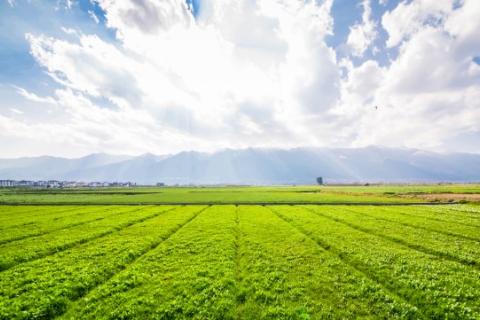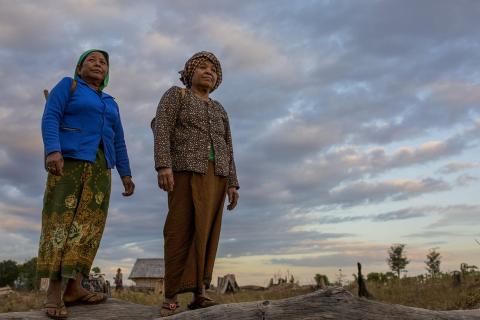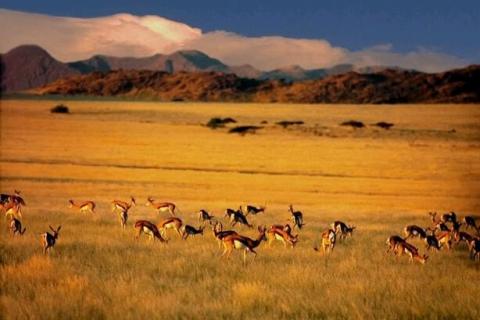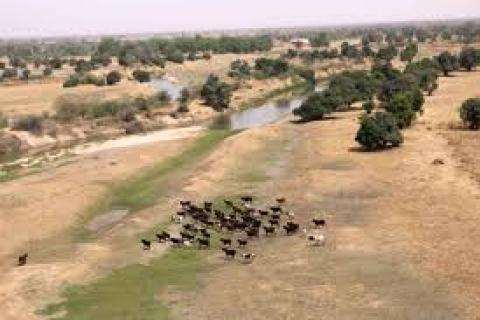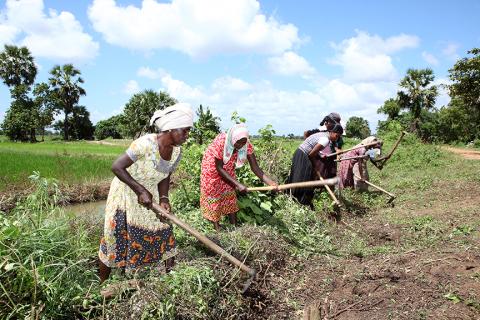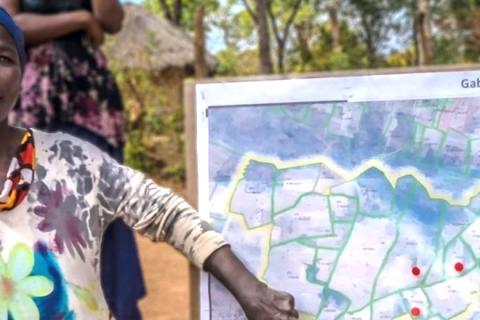Women leaders protecting their land for the next generation
By Chris Hufstader
After an audacious land grab by a foreign company, indigenous women in a remote Cambodian village struggle to regain their farms and sacred sites.
Sol Preng remembers vividly the day in 2012 when bulldozers unexpectedly arrived on her family farm.
“The company came and cleared away our cashew trees right before the harvest,” she says. “I lost four hectares of land and all my cashew trees.”
Tanta potencialidade para...pouco
USAID’s MAST mobile tech programs promote women’s empowerment in Tanzania and Zambia
By Deborah Espinosa and Patrick Gallagher, USAID’s Land Technology Solutions Program
Persistent and pervasive gender inequality is a global development challenge that constrains economic growth, educational opportunities, and health outcomes. It jeopardizes food security and undermines poverty reduction strategies. The world over, some formal and many informal laws and customs operate to hinder women’s empowerment and thus their full potential as agents of economic and social change.
Learnings on gender from the Congo Basin
Improving how we work for – and with – indigenous and local women in their communities
As a human rights organisation, gender justice is a fundamental principle of our work, and we have long been conscious of, and sought to address, the barriers to effective participation in decision-making by women, as well as the other human rights violations they may face on account of their gender.
Sem Terra é a única brasileira premiada em Conferência Internacional
We want peasants
This week in Geneva, the Human Rights Council is expected to take a position on the follow-up to a draft Declaration on the Rights of Peasants and Other Persons Working in Rural Areas. Five years after the start of the negotiations, we are at a turning point.
From the Ground Up: Participatory Rights Documentation for Healthy Landscapes
Much of the world’s rural landscapes are technically managed by national governments with limited recognition of, or support for, the rights and management responsibilities of the rural poor who live in these areas. In an era of large-scale land acquisitions for global commodity production, this has led, in some cases, to governments allocating vast tracts of land and resources to companies with limited or no consultation of the people affected.

